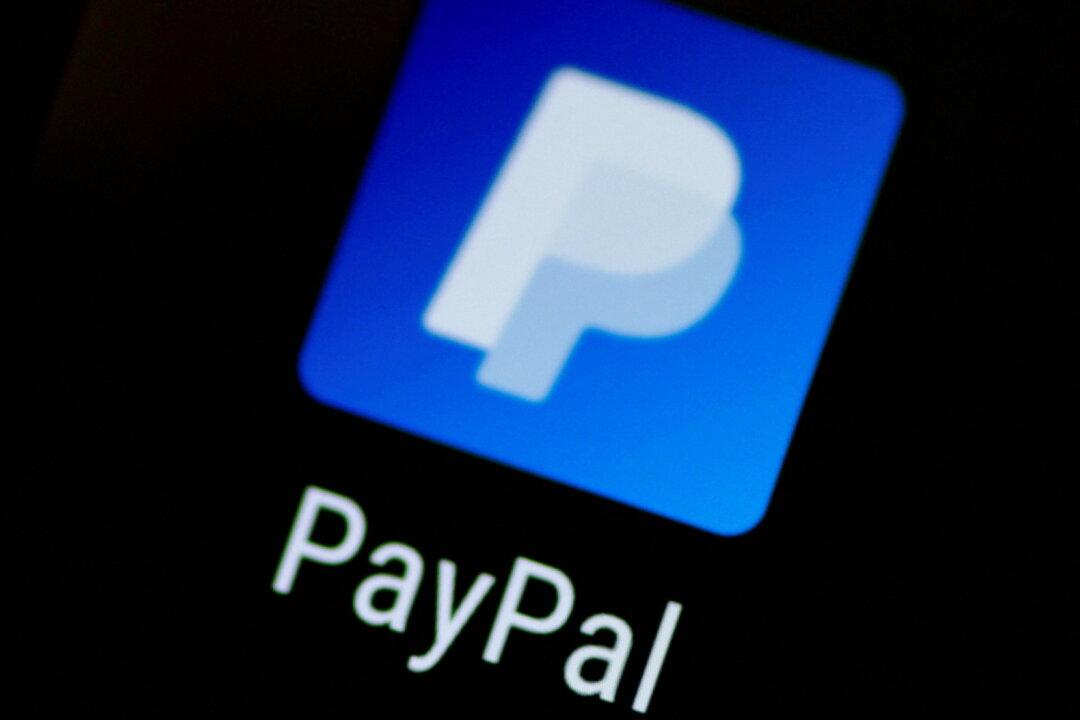PayPal intends to fine users who engage in activities that the payment service believes come under the categories of “hate” and “intolerance,” according to its last updated Acceptable User Policy (AUP).
In September, PayPal announced that it was amending its AUP, which is scheduled to come into effect in November. The policy stated that PayPal users cannot send, post, or publish any content that the company deems harmful, including promoting “misinformation.” For each violation, the company said it will take out $2,500 from the violator’s PayPal account. The update attracted immense criticism, and many people announced intentions to close their PayPal accounts.





